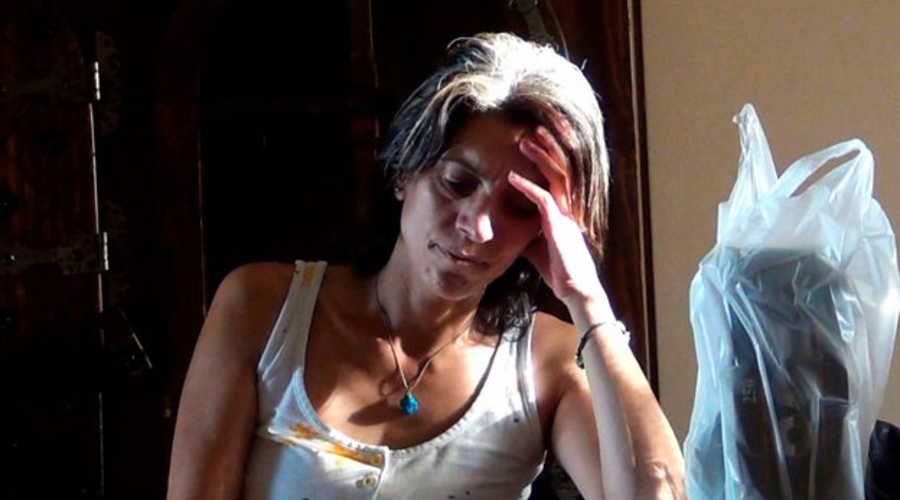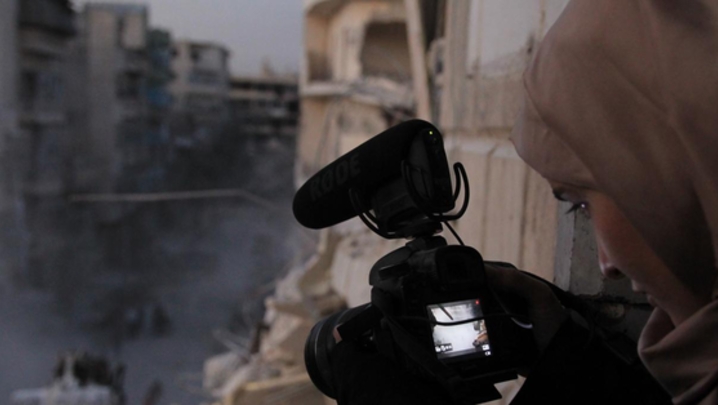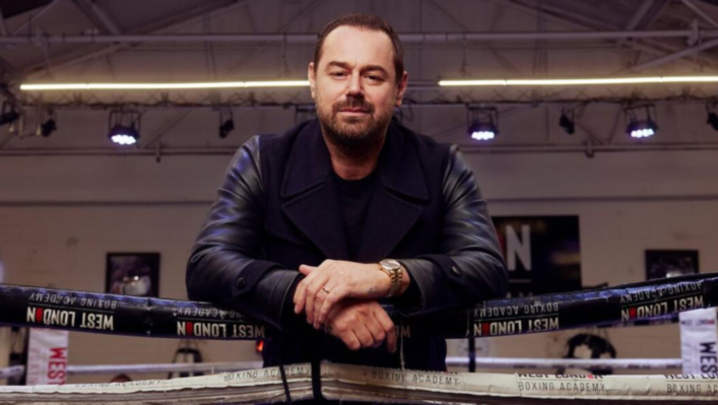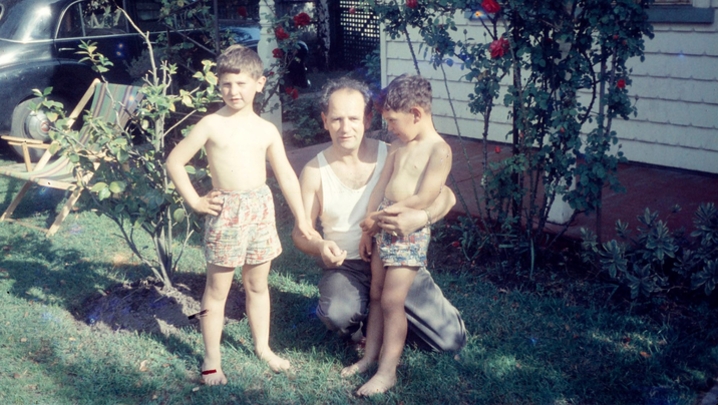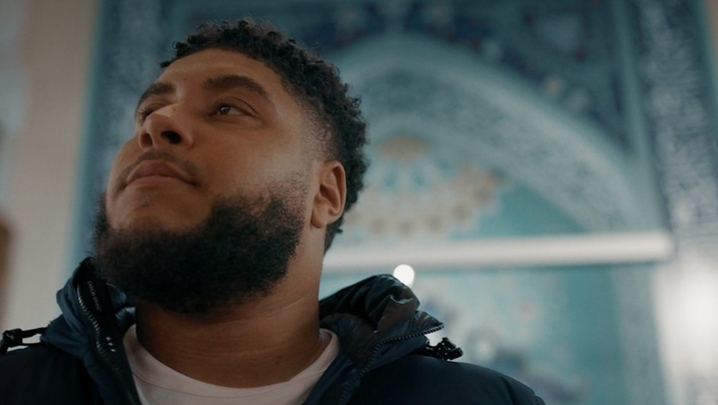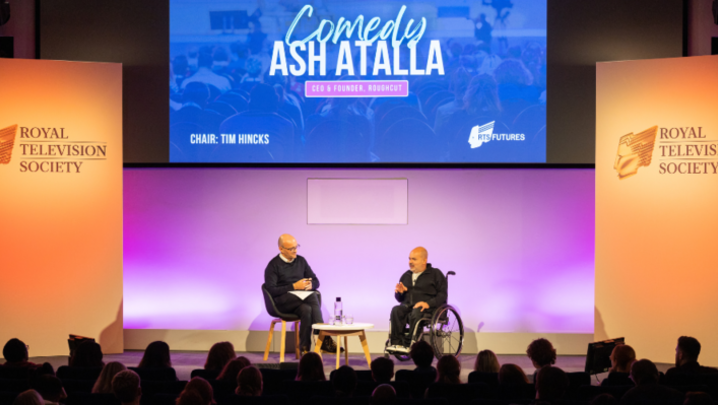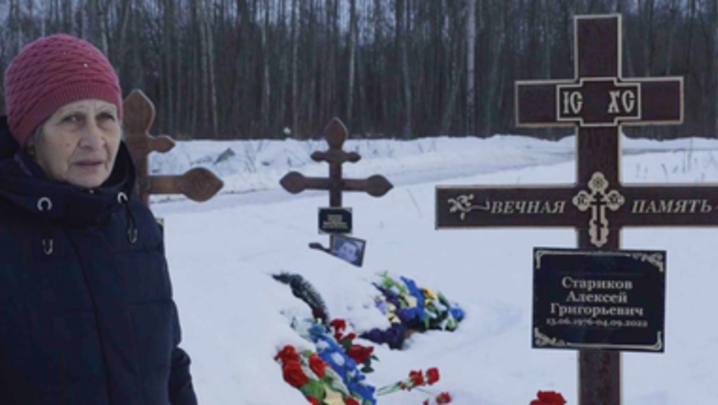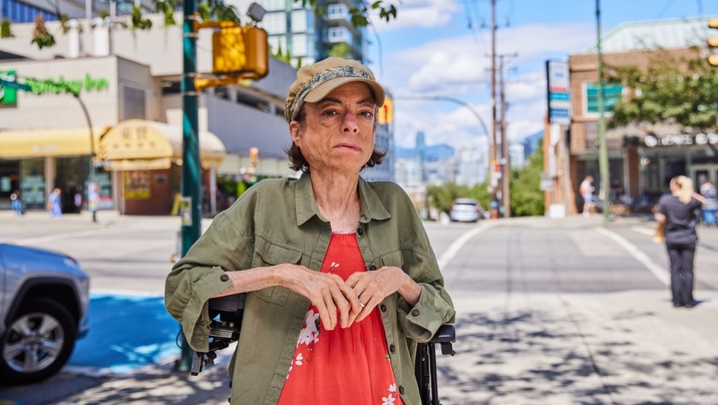Speaking to the RTS about his award-winning film A Syrian Love Story, McAllister said it's down to filmmakers to tell commissioners what they want
When documentary filmmaker Sean McAllister started his latest project, A Syrian Love Story, he had little idea of the journey he would end up on.
What began as a film following a family as they waited for their mother to be released from prison evolved to demonstrate how one family could be affected by the turmoil in Syria.
The story began in 2010, when McAllister met Amer, a Palestinian living in Syria, who was looking after his three sons alone while his wife, Raghda, was incarcerated for writing a book criticising the Assad regime.
At that time, there was little media interest in Syria, something that McAllister encountered when trying to get his film commissioned.
“No one cared about Syria,” he told the RTS ahead of a charity screening of the film for the Hands Up Foundation, hosted by the Global Heritage Fund.
“The world really didn’t know where Syria was. No one was looking, the eyes seemed to be on Libya.”
Raghda’s eventual release and pardon following the Arab Spring was just the beginning of the family’s story.
Amer and Raghda, along with their sons Shadi, Kaka and Bob were forced to flee to Lebanon after McAllister was arrested in Syria and jailed for five days.
From here, Raghda and Amer’s relationship crumbled as Raghda struggled with post-traumatic stress and a desire to return to Syria and carry on campaigning.
“The film reveals the kind of intimate difficulties for what happens to Syrians once they leave the country,” observed McAllister, who continued to film the family once they claimed refuge in France. “It shows the psychological damage that refugees can have in the west.”
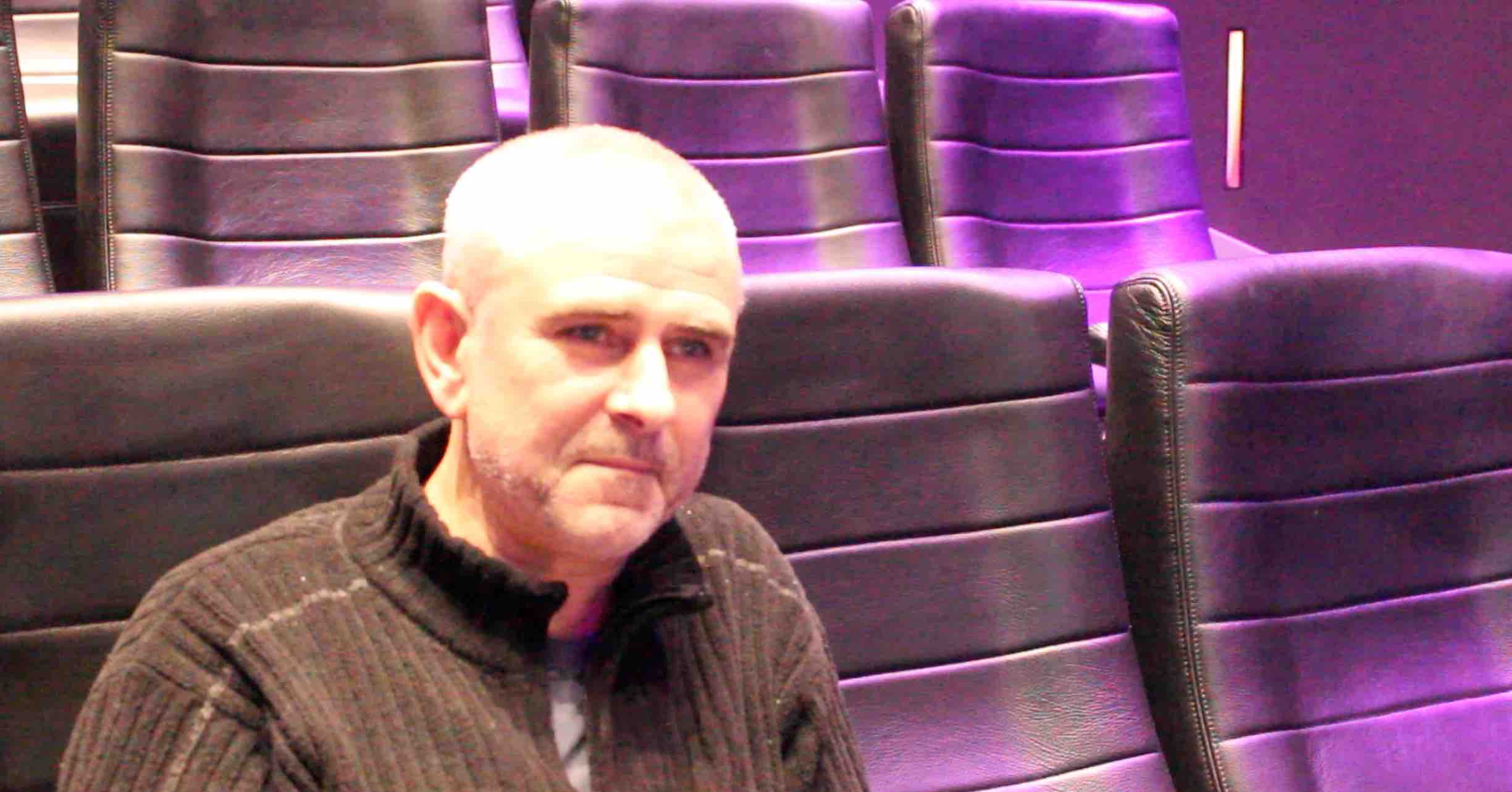
The access that McAllister had to the family during this turbulent period was unparalleled, and he became a surrogate uncle to the family’s sons as the parents’ marriage broke down.
He is great believer in the ‘fly in the soup’ method of documentary making, in which the filmmaker highlights their presence in the story, in contrast to the fly-on-the-wall approach.
“When I trained to make documentaries, I trained myself to actually forget about the camera, and to be myself,” McAllister explained.
“By getting in the mix, you get the audience in the mix.”
This approach lent itself to making A Syrian Love Story, as McAllister’s status as a family friend who had seen the journey from a (relatively) settled life in Syria to marital discord and Raghda’s suicide attempt in France, meant that the family allowed him to film them at their most vulnerable.
“The most dangerous project of my life is potentially a film up in Hull”
During his five year stint making the film, McAllister was tempted to give up the project “four or five times a year”, and would have dropped it entirely had editor Matthew Scholes not got in touch to get involved.
The film went on to win the Grand Jury Prize at The Sheffield Documentary Film Festival and continues to garner critical acclaim.
McAllister puts the success of the film, which recently aired on BBC One under the Storyville strand, down to dedication.
“Your dedication is the only thing that will ever get anything done,” he advised.
“The commissioning editors really don’t know what they want. They want you to tell them what they want, and it’s how you tell them that will convince them.”
After a career that has often focused on the darker elements of life in the Middle East, Hull-raised McAllister hopes his next project will be closer to home. He says the BBC has expressed interest in him making a film about his home city, ahead of the city being crowned the UK City of Culture in 2017.
This follows the announcement that the corporation will play a “crucial role” in promoting Hull and its cultural status, with BBC Director-General Tony Hall promising the BBC is going to be “unashamedly ‘Hull-centric’” in 2017.
However, audiences shouldn’t expect McAllister’s change of geography to alter his documentary style. Despite filming in some of the world’s most dangerous locations, from Iraq to Palestine, he reckons “the most dangerous project of my life is potentially a film up in Hull.”
With a whole lifetime of research to draw on, it will be interesting to see what Hull looks like once it has gone through the McAllister method.
Storyville: A Syrian Love Story is available to watch on BBC iPlayer until Thursday 29th October.

